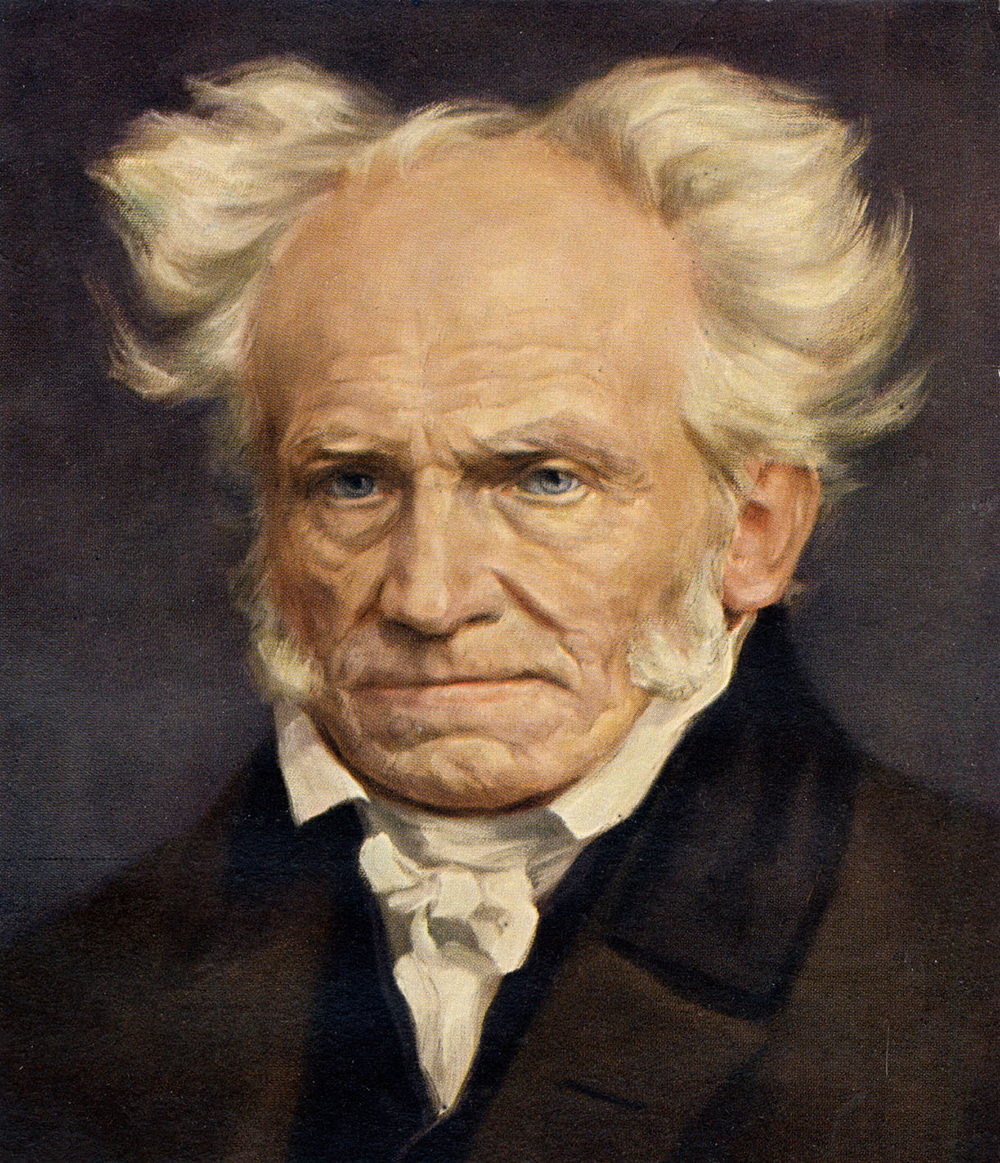
When it comes to immigration, Keir Starmer has been ‘on a journey’. As a young barrister, he authored a review in which he argued that all immigration law was ‘racist’. As a new Labour backbencher, he called legislation to make renting to illegal immigrants a criminal offence ‘everyday racism’. While running for his party’s leadership, he demanded an ‘immigration system based on compassion and dignity’, pledged to ‘defend free movement’ and backed a letter objecting to the deportation of 50 Jamaican criminals, including burglars and rapists.
The white paper explicitly rejects the reigning Whitehall orthodoxy that immigration brings growth
Unveiling the government’s immigration white paper this week, however, Starmer announced that not only is ‘the idea that immigration should be controlled’ a ‘core value’ of the Labour party, but that it’s also something he’s long believed in. If Britain doesn’t reduce immigration, he said, we’re on track to become an ‘island of strangers’ – language robust enough for one former Labour MP to compare him to Enoch Powell.
The invocation of Powell’s name has long been used to police the borders of the immigration debate. But 57 years on from his inflammatory intervention, it is high time to consider migration as coolly and rationally as other public policy questions without attributing wicked prejudice to those who express concern.
Labour’s white paper has been in the works for a while. But its launch came less than a fortnight after Reform UK’s triumph at the local elections and the Runcorn and Helsby by-election – Labour’s 16th safest seat. Starmer’s proposals to (among other things) restrict settlement rights for some new migrants, pause the recruitment of overseas care workers and improve English tests for would-be citizens must be seen in the light of Reform’s advance. The views of those who voted Reform deserve as much respect as anybody else’s. When democratic discontent is dismissed as the ill-bred atavism of the uneducated and unscrupulous, public anger only grows.
The public has repeatedly voted for lower immigration. That was what they were promised in 2010, 2015, 2016, 2017 and 2019. Yet numbers have surged to new highs. Astonishingly, 3.8 per cent of the UK population have arrived since 2021. Successive governments have also failed to stop the tens of thousands crossing the Channel in small boats. Voters have had enough. This week, 50 per cent told YouGov that immigration is one of the country’s major issues – the highest level since June 2016.
Parties on the right understand nations can’t survive without borders and any change, whether demographic or cultural, needs to be managed with care. But parties on the left have good reason to want to control migration too. Labour figures such as the trade unionist Paul Embery, the philosopher Lord Glasman and the new MP for Pendle and Clitheroe, Jonathan Hinder, all understand that migration disproportionately affects the poorest in society by depressing wages, increasing pressure on public services, driving up rents and straining social solidarity.
For these ‘Blue Labour’ politicians, migration control is a precondition of rebuilding an economy centred on higher wages, stable communities and reindustrialisation. That vision stands in opposition to the whims of international capital and its demand for cheap labour. Starmer’s white paper, by explicitly rejecting the reigning Whitehall orthodoxy that immigration brings growth, is an endorsement of the Blue Labour analysis. And all the better for it.
Critics of Starmer from the left have deployed highly emotional language to imply his motives are impure or that he’s denying Britain’s history as a nation of immigrants. We cannot make a window of Keir Starmer’s soul, but responding to public concern can hardly be an immoral act for a prime minister. And Britain’s island story is much more one of population stability than huge churn. Indeed, Britain was historically a country of emigration, not immigration. In the 25 years before New Labour’s election, net migration was 68,000; in the 25 years afterwards, it was 5.9 million.
The real test for the Prime Minister is not one of motive or morality but effectiveness. Since Starmer entered No. 10, record numbers are crossing the Channel in small boats: 12,699 people have made the journey so far this year – up 33 per cent on 2024 – bringing the total to almost 36,000 since the election. Having scrapped the previous government’s Rwanda deterrent, the PM’s quest to ‘smash the gangs’ has so far proved fruitless. While he pledges to reform the use of Article 8 of the European Convention on Human Rights to block deportations on the grounds of the right to a family life, few doubt that activist lawyers will find exciting new ways to stop removals.
That is why the Tories are right to demand that proposed legislation be strengthened to oust human-rights provisions which frustrate effective migration control. The borders we need to police are those around our island, not those around a vital debate.







Comments